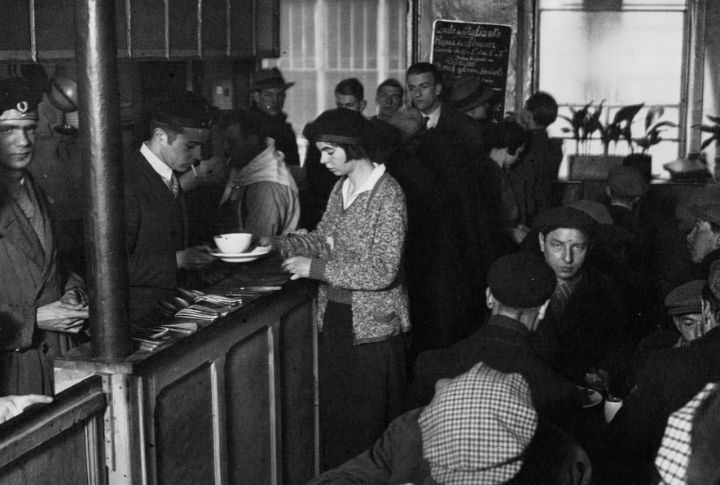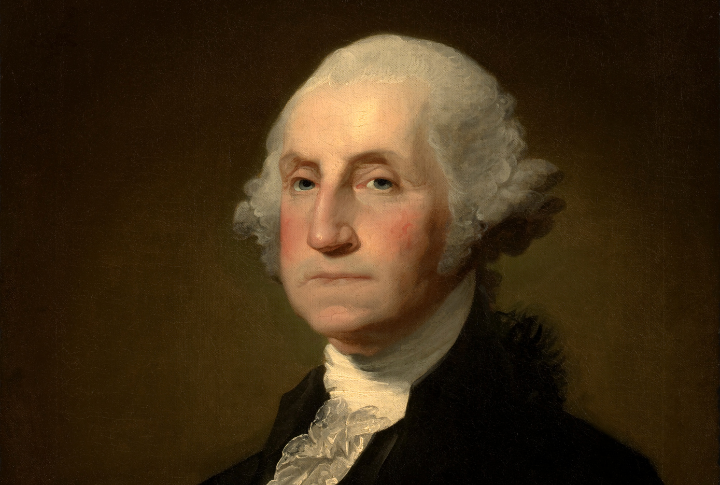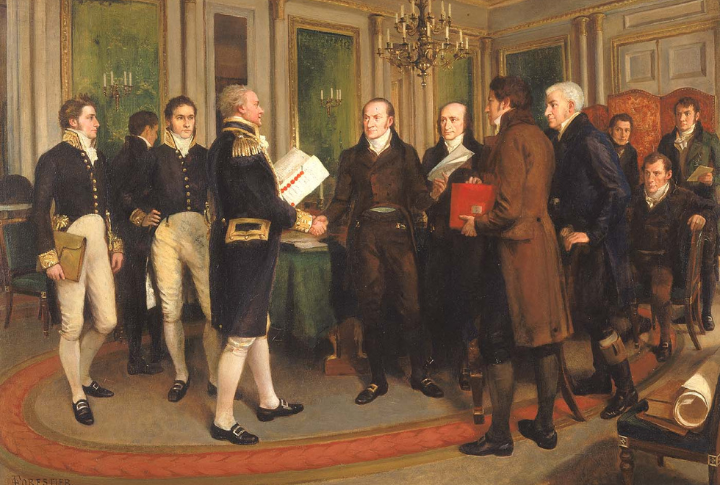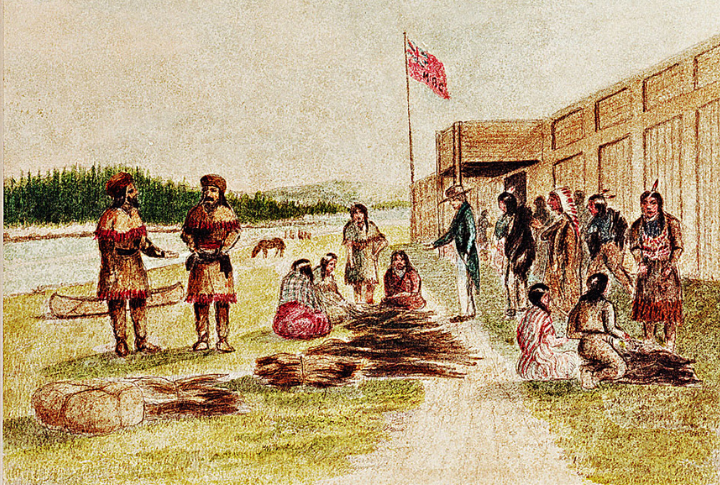
How much of what you learned in school is true? History is filled with half-truths and myths that refuse to fade. Some stories have been stretched over time, while others ignore key details and overlook important perspectives. It’s time to bust 10 such myths that continue to mislead people even today.
The Civil War Was About Slavery

Though slavery was a key issue, the Civil War was also about states’ rights, economic systems, and political power. The war emerged from a clash of ideologies, with slavery serving as a central but not the sole purpose. Deep divisions over how the country should be governed had been growing for years, and a war was inevitable long before the first shots were fired.
Columbus Discovered America

The idea that Columbus “discovered” America erases entire civilizations and their history with it. Indigenous people had built thriving societies long before European explorers arrived. Even Leif Erikson sailed these waters centuries earlier than Columbus, but he just didn’t claim to discover it. This proves that history is often told from the perspective of those who write it.
The Boston Tea Party Was About Tea

The Boston Tea Party was more than what you know about it. Colonists were frustrated with British control and unfair economic policies. So, dumping the tea sent a bold message about their fight for the right to govern their own affairs. Although the tea plantations were also British-controlled, in the end, it was more about what the tea represented than the leaves themselves.
The Revolutionary War Was A Colonial Fight

The fight for American independence wasn’t just a colonial battle. France, Spain, and the Netherlands provided essential support that shifted the balance. Their involvement gave the colonies an advantage, and what began as a civil war became significant in igniting rebellion against British rule all over the world.
Thanksgiving Was The First Celebration

Long before the Pilgrims set foot in Plymouth, Native Americans had been celebrating the changing seasons, giving thanks for the harvest, and honoring their traditions. The 1621 feast may be famous, but it was just one small moment in a much older and richer history of gratitude.
Slavery Ended Instantly After The Civil War

Freedom was declared, but was it truly granted? Although slavery ended in 1865, its impact lasted for generations. Systems like sharecropping and convict leasing kept forced labor alive while discriminatory laws upheld racial inequality. Unfortunately, the struggle for true equality did not end with the Civil War; it carried on for decades.
The Great Depression Was Because Of A Market Crash

Blaming the Great Depression on just the stock market crash is like blaming a house fire on a single match. The crash set things in motion, but deeper problems made recovery nearly impossible. Banks collapsed, businesses shut down, and millions were left unemployed with no safety net to fall back on.
Washington’s Dentures Were Wooden

Yes, the claim about Washington’s wooden dentures is false. They were crafted from ivory, gold, and even human teeth. Stories of severe dental struggles have been stretched over time, which created a dramatic narrative. But it overshadows the real history of early dental practices and materials.
The U.S. Won The War Of 1812

The War of 1812 wasn’t a clear victory. Britain was already fighting Napoleon, and Native American tribes, allied with the British, played a major role in protecting their own land. The Treaty of Ghent restored pre-war boundaries, but it left key issues unresolved. While the war boosted American pride, the outcome wasn’t as decisive as many believe.
The Wild West Was Full Of Shootouts And Cowboys

Think the Old West was all shootouts and outlaw gangs? Not quite. Most folks were just trying to make a living, whether that meant farming, mining, or running a shop. Yes, there were some gunslingers, but real life was more dust and hard work than Hollywood drama.

